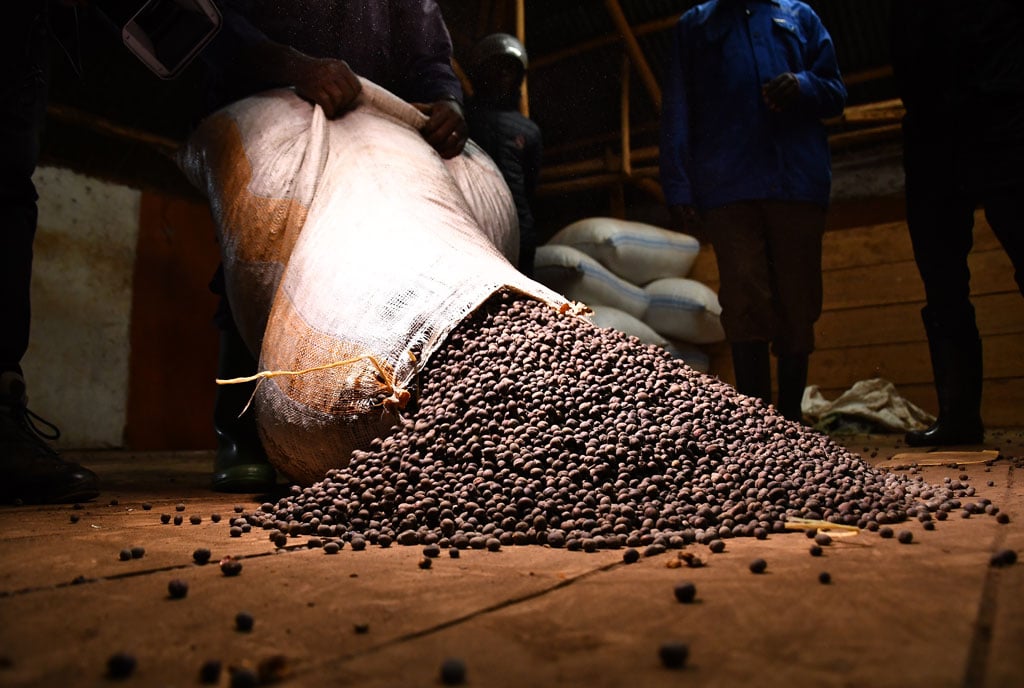
Alan Tacca
After identifying Africa’s biggest problem as rulers who overstayed in power, President Museveni has put a lot of money, tear gas, gunfire and constitutional chicanery in the effort to show that his 38 years in power do not necessarily amount to ‘overstaying’. Unfortunately, some symptoms are difficult to hide; like the temptation to establish family and hereditary executive power, which frightens many level-headed Ugandans.
For several years now, the rivalry between the President’s son, Gen Muhoozi Kainerugaba, and the President’s son-in-law, Odrek Rwabwogo, has fed the country’s rumour mill.
The President’s former propagandist, Tamale Mirundi (RIP), had become almost incapable of completing a broadcast talk show without dragging in the mukooto (son-in-law), whom he demonised as the embodiment of Uganda’s corruption; and the omwana, or mutabani, or ‘stand-by generator’, whom he glorified primarily for being the son.
The son’s other attributes seemed secondary. In Mirundi’s hired mindset, Uganda had virtually shrunk to a patriarchal clan. The recent X hard tweets between supporters of the son and the son-in-law that social media junkies have been feasting on therefore have a history.
But if President Museveni had not overstayed in office, would Muhoozi and Rwabwogo have avoided collision? Or, maybe, would their rivalry have looked more dignified? I am going to do some simple arithmetic. If President Museveni had followed his 1986 wisdom and left office in 2001 at the latest, when much of the country was already hungry for change, he would have ruled Uganda for 15 years.
In 2001, Muhoozi Kainerugaba was about 25 years old, and Rwabwogo about 32. At that time, you could not contest the presidency before the age of 35. Whatever they were doing, they were minor figures in Uganda’s political frame. After a hypothetical 2001 Museveni retirement, there would have probably been no direct presidential muscle to propel them upward.
Muhoozi would have risen to his current position as army chief and Rwabwogo to that of paramount coffee guru more organically and less dramatically. Or maybe even not risen much. hey would also probably have fewer reasons for accusing each other of roguishness or impunity. If any of the two, or both, chose to contest the presidency after age 35, they would be more distanced from whoever would be president.
They would be less resented, and they would attract more genuine supporters than opportunists. With their old man seemingly a permanent fixture, the two young men can be partly forgiven for viewing the presidency as a family trophy protected by the machinery of the State through strategy and trickery, and manipulative democracy and brute force, with the bills covered by rather stupid taxpayers.
After the old man conceded that he was approaching ‘heaven’, but without abdicating, it is not surprising that the members eligible for the guardianship of the family trophy should be jostling for pole position, or that they sometimes tweet brandishing their teeth. They cannot sleep when alien creatures like Robert Kyagulanyi aka Bobi Wine are also eyeing the coveted trophy. Fortunately for the ruling NRM, at least a key issue seems to have been resolved.
Muhoozi is not as vindictive as some of his detractors might paint him. He does not demand punishment for the alleged corruption in Rwabwogo’s camp. From his tweets, it seems he wants those of his supporters who are alleged to be corrupt to enjoy the same impunity as Rwabwogo’s team.
We can therefore deduce that under either of the two men, the legacy of the vampire state created by Museveni’s interminable rule would be preserved.
Mr Tacca is a novelist, socio-political commentator. [email protected]








